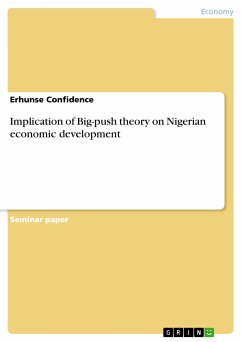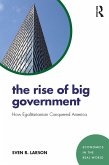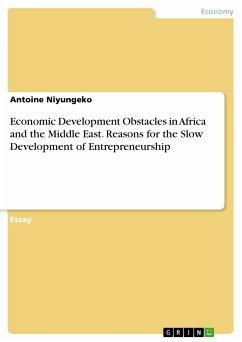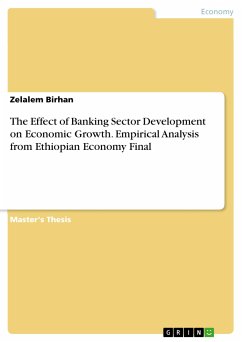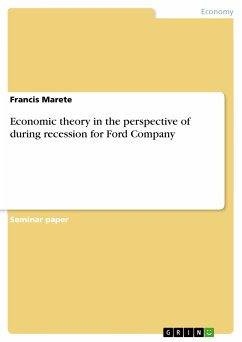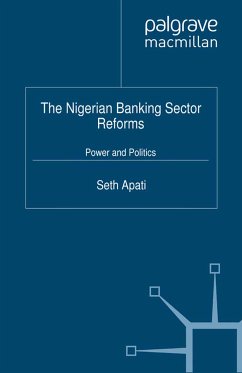Seminar paper from the year 2020 in the subject Economics - Economic Cycle and Growth, grade: 4, Chukwuemeka Odumegwu Ojukwu University (Social Sciences), language: English, abstract: This paper examined the implication of Big-Push theory on Nigerian economic development. The theory provided an explanation of how developing countries can industrialize through broad-based investment and coordination. The paper looked at the meaning of Big-Push theory, assumptions and its implication on Nigeria economic development. If the need for a Big Push to survive in an economy that is open to international trade and capital movements, or if openness to trade and capital movements is sufficient to overcome all poverty traps, these questions have daunted development economics since its inception. The theory of the big push asserts that underdeveloped countries require large amounts of investments to come out of the problem of backwardness and launch policies for economic development. The logic behind this theory is that a programme of "bit-by-bit" investment will not have much impact on the process of growth and will only lead to a dissipation of resources. Policies designed to encourage the development of the Nigerian economy will need to be guided by the big-push theory.
Dieser Download kann aus rechtlichen Gründen nur mit Rechnungsadresse in A, B, BG, CY, CZ, D, DK, EW, E, FIN, F, GR, HR, H, IRL, I, LT, L, LR, M, NL, PL, P, R, S, SLO, SK ausgeliefert werden.

